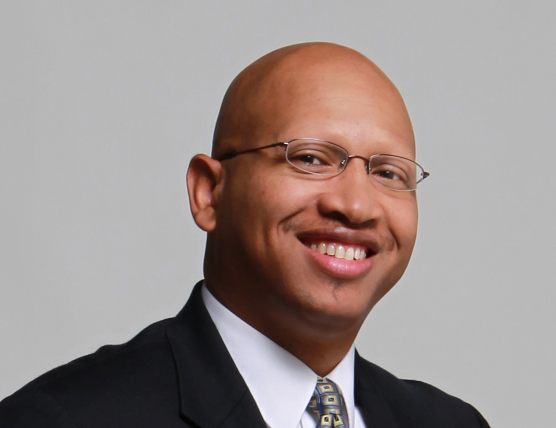About:
For more than 40 years, the environmental justice movement has shown that communities of color, low-income communities, and indigenous groups are differentially burdened by environmental hazards, noxious land uses, and pollution leading to poor health outcomes and health inequities. Unfortunately, the disproportionate burden of hazards, pollutants, and health risks can be linked to environmental racism-- racial discrimination in zoning and planning, environmental policymaking, and enforcement of laws and regulations. Additionally, many communities suffer from the negative impacts of locally unwanted land uses (LULUs) such as petrochemical facilities, power plants, landfills, incinerators, and factory farms because of historic and contemporary economic and social policies that help to commodify or decommodify certain people because of their race, ethnicity, nativity, or culture. The devaluation of people due to their skin color, income, and culture on environmental issues has led to environmental slavery. Due to this environmental slavery, some communities are used to host LULUs and must deal with social, environmental, and health externalities and cumulative impacts and inequities associated with hosting LULUs. Additionally, dominant racial and class hegemony benefits from the devaluation of these communities and the inequities in resource distribution that allow these privileged groups to increase their environmental amenities and economic and social capital, while there is a destabilization and underdevelopment in community growth, environmental and public health, and quality of life in communities impacted by environmental slavery. In this lecture, Dr. Wilson will discuss examples of environmental racism and oppression in the 21st Century Jim Crow America. He will describe current efforts in US politics to further weaken environmental laws and regulations and implement economic policies that will drive additional environmental injustice and health problems in communities currently impacted by environmental racism and slavery and expose other groups on the social, economic, and political margins to environmental injustice. To combat environmental racism and slavery, environmental justice activists and leaders from frontline communities have been using community organizing, advocacy, civic engagement, and community science among other strategies and approaches to achieve environmental justice and advance positive social change. Dr. Wilson will share these stories of struggle, resistance, and hope from his work with communities in the Gulf Coast, Deep South, Carolinas, and the Washington, DC region. He will describe lessons learned and best practices to help other communities fight against environmental racism and environmental slavery in Jim Crow America.
Speaker:
DR. SACOBY WILSON
Dr. Sacoby Wilson is an Associate Professor and Director of the Program on Community Engagement, Environmental Justice, and Health, at the Maryland Institute for Applied Environmental Health, School of Public Health, University of Maryland-College Park. He works to build community capacity to address environmental injustice and related health inequities through community-engaged science. He has over 15 years of experience using community-based participatory research (CBPR), citizen science, and community-university partnerships to study and address environmental health and justice issues. He has worked with the West End Revitalization Association on the lack of basic amenities in Mebane, North Carolina; goods movement issues with the Low Country Alliance for Model Communities in North Charleston, South Carolina; traffic and industrial hazards with Port Towns Environmental Action in Bladensburg, MD; industrial development and fugitive dust emissions in Buzzard Point, Washington, DC; cumulative impacts of environmental hazards with the BTB Coalition in Brandywine, MD; and has worked with a number of other community-based organizations and advocacy groups on stormwater, subsistence fishing, industrial animal agriculture, and other topics in the Chesapeake Bay region.


